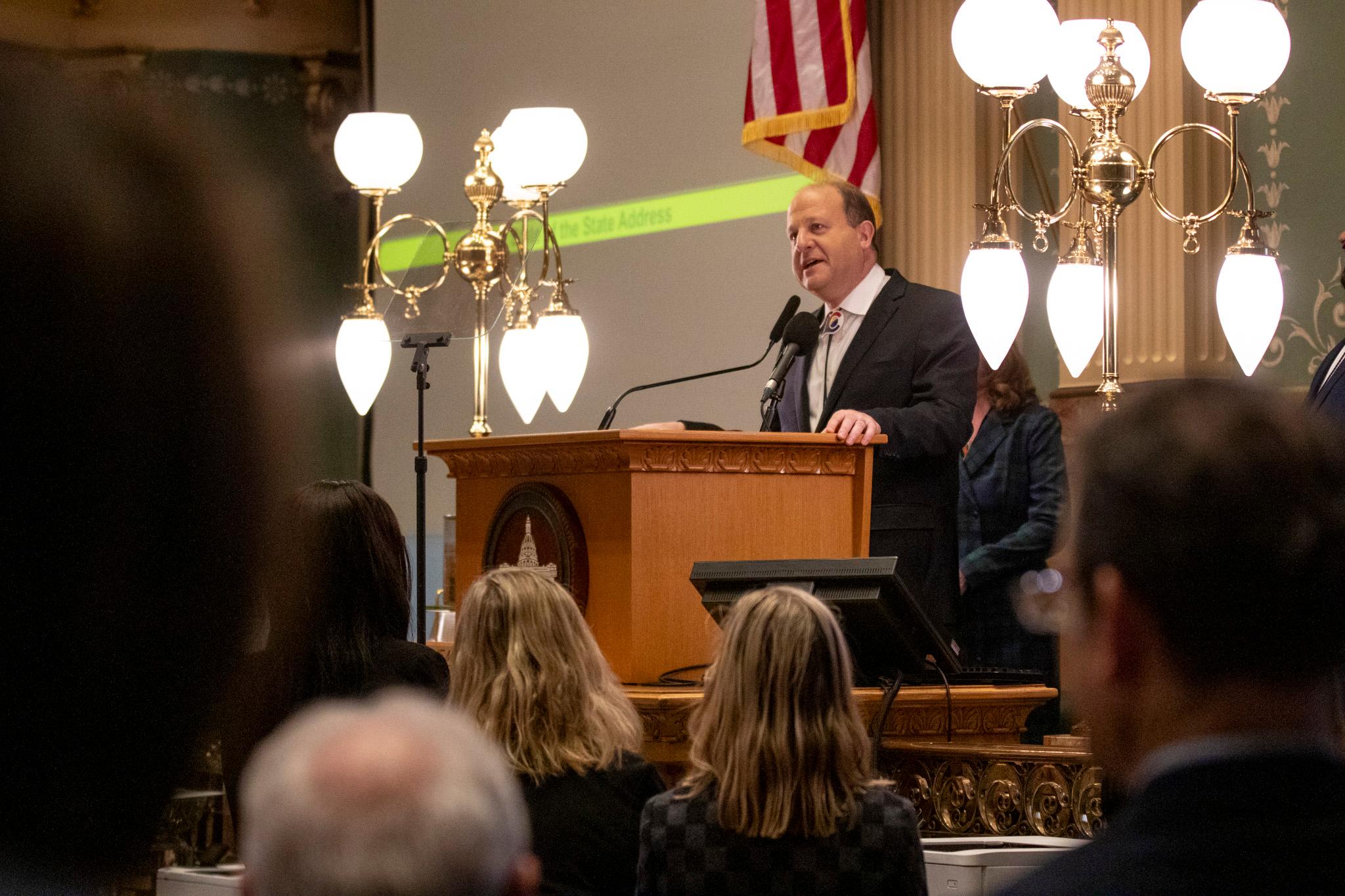
Democratic Rep. Diana DeGette isn’t giving up on her hope that some health care legislation, including a cancer prevention bill, can still make it through Congress this session.
DeGette and GOP Rep. Morgan Griffith of Virginia spoke about their work on the Energy and Commerce Committee’s Health subcommittee, of which they are the ranking member and chair, respectively, at a Punchbowl News event in Washington, D.C. on Thursday.
One bill DeGette highlighted is the bipartisan Preventive Health Savings Act, which would require more of the savings from preventative care to be factored in when the Congressional Budget Office calculates the cost of bills.
“I call it the prevention dividend,” she told the crowd. “This bill languished for like 15 years until, last session of Congress, we were able to pass it through the committee and then through the House, and then they got hung up in the Senate. So we're doing it again this year, and we have high hopes that we can actually pass it if we ever go back.”
Go back, that is, from a shutdown caused by a partisan fight over extending health insurance subsidies. However, DeGette and Griffith focused their remarks on efforts they believe will be less divisive.
DeGette is also working on a follow-up to her 21st Century Cures Act, which focused on bringing innovative treatments to patients.
“I want to see us get all kinds of things done. We're on the precipice of a huge revolution,” said Griffith. “With AI, we're going to have the ability to do all kinds of things and shortcut and make it faster. And we have to have an FDA that's nimble enough to react to that and not have an AI telling us, ‘here's an answer for a rare disease,’ or ‘here's a new answer for disease that's common.’ And, you know, let's not take ten years to get it from start to finish.”
Griffith focused on steps Congress could take to remove some red tape and shorten the timeline at the FDA for approvals.
The two lawmakers agreed that there are bipartisan bills ready to advance, with some having had hearings or passed in previous congresses. Both said those could likely go either straight to the House floor or at least head to the full committee.
But they pointed to different reasons for the lack of movement on other bills.
Griffith said sometimes it takes time for other representatives “to be comfortable” with some of the health or medical proposals introduced by their colleagues. He also pointed to the government shutdown and the winnowing legislative calendar, saying Senate Democrats need to reopen the government.
Griffith added he’s telling members on the subcommittee, “regrettably, you’re looking at winter, spring” to move their bills. He’s focused on getting “extenders,” bills to continue laws that will otherwise expire at the end of year, done. He noted many of those were included in the House-passed continuing resolution.
DeGette countered that many were also in a bipartisan government funding bill last year that ultimately got slimmed down by Republicans after Elon Musk criticized it.
Speaking to CPR News after the event, DeGette agreed with Griffith that there are some bills that could go straight to the full committee or even the floor.
But she also pointed out that Republicans have only had nine hearings or markups in subcommittee this year. “I myself have at least three bills that are bipartisan bills that are ready to go, but they haven’t even scheduled hearings on them because (Republicans’) time has all been taken up with mostly partisan issues,” she said, adding that much of the legislative oxygen this year was taken up with the Republican tax-and-spending bill that passed this summer.
As for the shutdown, DeGette pointed to Republican leadership, which has kept the House out of session since passing the continuing resolution at the end of September.
“We could have been in session this whole time, like the Senate,” DeGette said. “Health care hearings and markups every day. Really, Morgan Griffith and the Republicans have nobody to blame for this but themselves.”









